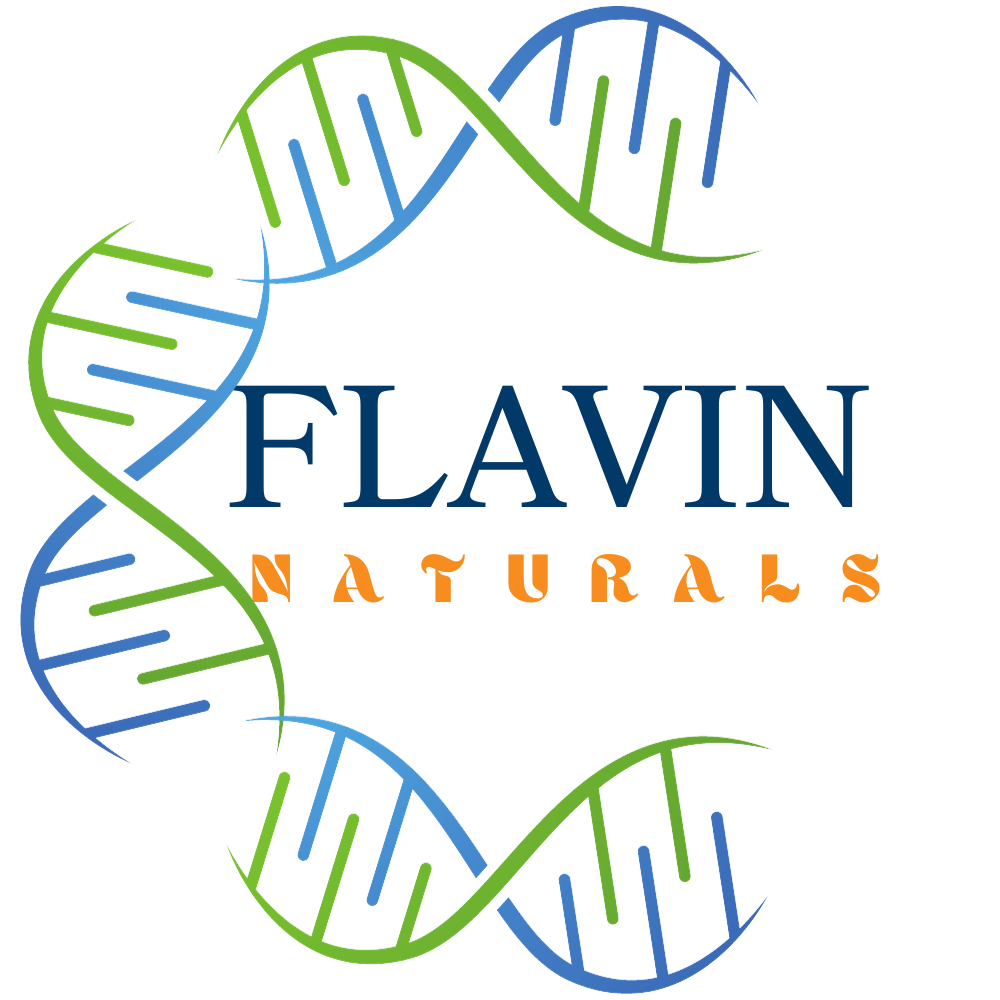Vitamin C
Product description
Vitamin C, also known as ascorbic acid, is a water-soluble vitamin that’s essential for maintaining overall health. It is an essential nutrient, meaning the body cannot produce it on its own, so it must be obtained through diet or supplementation.
Key Functions and Importance of Vitamin C:
Antioxidant Properties: Vitamin C is a powerful antioxidant, meaning it helps neutralize free radicals in the body that can cause oxidative stress and damage to cells. This can reduce the risk of chronic diseases, such as heart disease and cancer.
Collagen Production: Vitamin C is crucial for the synthesis of collagen, a structural protein that helps maintain the health of skin, cartilage, tendons, ligaments, and blood vessels. Adequate vitamin C supports wound healing and skin integrity.
Immune System Support: Vitamin C enhances the immune system by stimulating the production and function of white blood cells, which fight infections. It also has antimicrobial properties and can reduce the severity and duration of colds.
Iron Absorption: It aids in the absorption of non-heme iron (the form of iron found in plant-based foods). This is particularly important for preventing iron deficiency anemia, especially in vegetarians and vegans.
Neurotransmitter Synthesis: Vitamin C is involved in the synthesis of certain neurotransmitters, including serotonin, which regulates mood, sleep, and appetite. It may support mental health by promoting cognitive function.
Cardiovascular Health: By reducing oxidative stress and inflammation, vitamin C may lower the risk of heart disease. It has also been shown to help lower blood pressure and improve cholesterol levels.
Benefits as a Supplement:
Boosts Immunity: Vitamin C supplementation is often used to boost the immune system, particularly during cold and flu seasons. Though it doesn’t necessarily prevent colds, it may reduce the severity and duration of symptoms.
Skin Health: Vitamin C supplements are commonly used to improve skin appearance, prevent wrinkles, and promote a youthful complexion. Its role in collagen synthesis is essential for skin repair and elasticity.
Prevents Vitamin C Deficiency (Scurvy): A deficiency in vitamin C can lead to scurvy, a disease characterized by fatigue, bleeding gums, and skin issues. Supplementation helps prevent or treat scurvy.
Supports Healthy Aging: Due to its antioxidant properties, vitamin C helps protect cells from damage caused by aging and environmental stressors, such as pollution and UV radiation. It may slow down the aging process and help maintain overall health.
Reduces Risk of Chronic Diseases: Long-term supplementation of vitamin C can help reduce the risk of developing chronic diseases such as cardiovascular disease, certain cancers, and eye diseases like cataracts.
Sources of Vitamin C:
- Food Sources: Citrus fruits (oranges, lemons), strawberries, bell peppers, broccoli, tomatoes, and spinach are excellent sources of vitamin C.
- Supplements: Vitamin C supplements are available in various forms, including tablets, capsules, powders, and chewable gummies. The typical recommended daily dosage ranges from 65 to 90 mg for adults, though higher doses are often used for therapeutic purposes under medical supervision.


